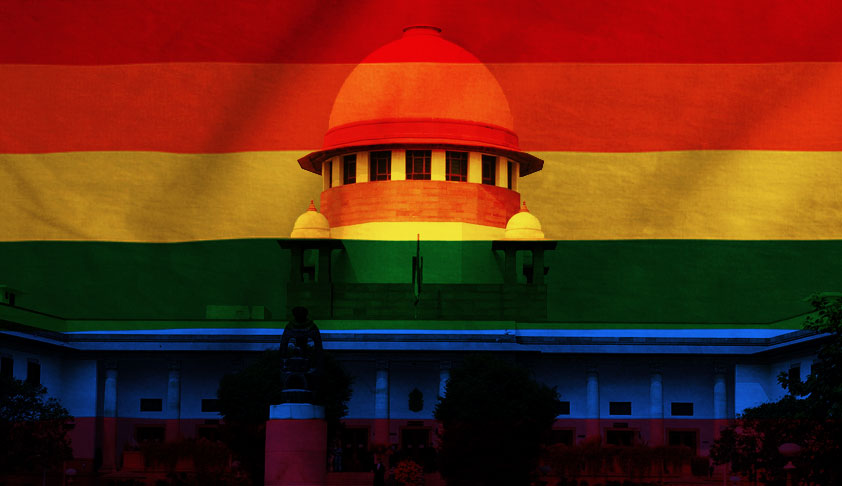The Big Question: Will Centre Back Section 377 IPC Or Support Striking It Down?
Apoorva Mandhani
11 July 2018 6:46 AM IST

Next Story
11 July 2018 6:46 AM IST
As a five-Judge Constitution Bench of the Supreme Court began hearing the challenge to the constitutionality of Section 377 of the Indian Penal Code on Tuesday, all eyes are set on the Centre as the side it is on still remains shrouded in mystery.No uniform opinion among BJP MPsWhile the Bhartiya Janta Party has so far not taken any official stand on the issue in the Court, the party had used...
